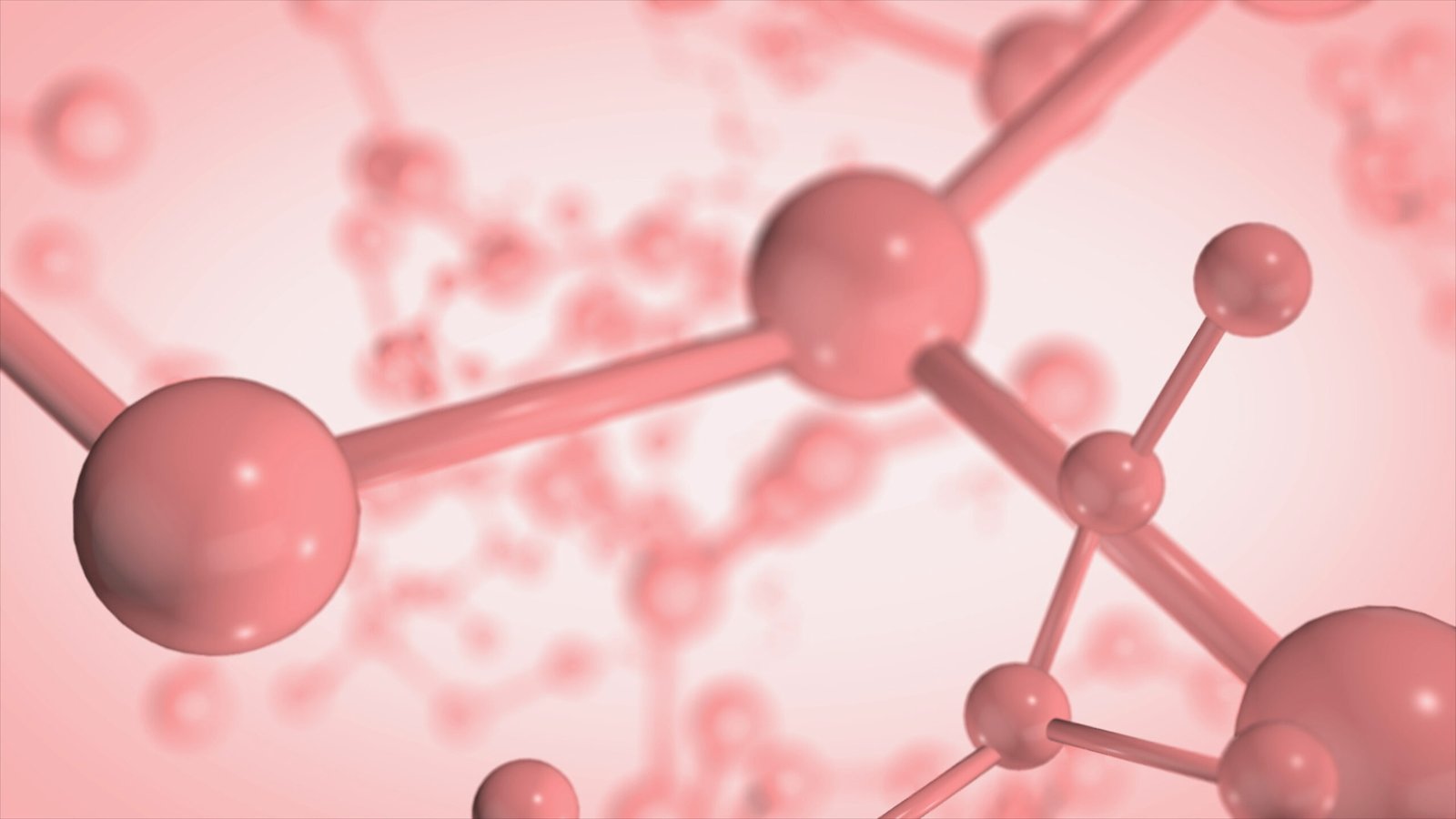
Hormones are some of the most powerful yet often overlooked forces in our bodies. They influence everything—from our mood and energy levels to metabolism and reproductive health. Yet, many of us know so little about them. When menopause arrives, it can feel like everything is changing all at once, leaving you wondering what’s happening to your body and mind. The good news? These changes are manageable with the right knowledge, lifestyle adjustments and, when needed, medical support.
In this guide, we’ll help you understand what hormones are, how they function, and why they play such a big role in the menopause transition.
What are hormones and what do they control?
Hormones are chemical messengers secreted by glands in the endocrine system. They travel through the bloodstream, regulating essential bodily functions like growth, development, metabolism, mood, and sexual and reproductive health.
Key hormones that impact women’s health include:
- Estrogen: Often called the “female hormone,” estrogen regulates menstrual cycles, supports bone and heart health, maintains skin and tissue elasticity, and impacts mood. It also plays a role in bladder function and vaginal lubrication.
There are three forms of estrogen depending on the different life stages of a woman:
- Estradiol (E2): The most potent and predominant form of estrogen in women of reproductive age. It plays a crucial role in regulating the menstrual cycle and supporting bone, skin, and heart health.
- Estriol (E3): The weakest form of estrogen, primarily produced during pregnancy. It contributes to maintaining vaginal and urinary tract health.
- Estrone (E1): The only type of estrogen produced in the body after menopause. It is less active than estradiol, not aiding significantly in your health and wellbeing.
Estrogen plays an important role in metabolic health, it helps regulate blood glucose and insulin sensitivity, supports immune function, and reduces inflammation. Estrogen plays a significant role in the life and health of a woman.
- Progesterone: Works alongside estrogen to regulate the menstrual cycle and prepare the uterus for pregnancy. It also has a calming effect on mood, helps with sleep and supports blood pressure regulation.
- Testosterone: Though primarily associated with men, women produce testosterone too. It contributes to libido, muscle strength, and energy levels.
- Thyroid Hormones: Regulate metabolism, energy levels, and body temperature.
- Cortisol: Known as the stress hormone, it affects energy, immune function, and mood.
- Insulin: Produced by the pancreas, insulin regulates blood sugar (glucose). It allows cells in the body to absorb and use glucose for energy. When estrogen levels fall, insulin sensitivity can decrease leading to higher levels of insulin in the blood and raising the risk of Type 2 diabetes.
Hormonal shifts during menopause
Menopause marks the end of a woman’s reproductive years, typically occurring between ages 45 and 55. It happens when the ovaries have used every single ovule. It’s confirmed after 12 months without a period and is driven by a natural decline in estrogen and progesterone. This shift can cause a wide range of physical and emotional symptoms, often unpredictable and fluctuating. These symptoms can include:
- Hot flashes and night sweats: Caused by the hypothalamus (the body’s temperature regulator) triggered by estrogen changes affecting the brain’s temperature control.
- Mood swings and depression: Declining estrogen affects serotonin and dopamine, the neurotransmitters responsible for mood regulation. Declining progesterone affects GABA receptors, which also plays a role in mood regulation.
- Sleep disruptions: Lower progesterone levels can lead to insomnia and fragmented sleep.
- Bone loss and osteoporosis: Estrogen helps maintain bone density; its decline increases the risk of osteoporosis and fractures.
- Stress: Reduced estrogen, progesterone and testosterone impairs the body’s ability to manage stress, raising cortisol levels. This higher circulating cortisol can worsen menopause symptoms and affect the thyroid which produces hormones that are crucial to regulating metabolism.
- Weight gain and metabolism changes: Reduced estrogen can slow metabolism, leading to weight gain, especially around the abdomen. This slower metabolism could also be related to a less efficient thyroid and/or decreased insulin sensitivity.
- Genitourinary symptoms: Vaginal dryness, decreased libido, increased urinary tract infections and urine leak (weaker pelvic floor) can occur due to declining estrogen and testosterone.
- Insulin resistance: Menopausal women are at greater risk of insulin resistance. As estrogen levels fall during the menopause transition, in particular Estradiol (E2), the body can become less responsive to insulin. A diagnosis of insulin resistance is considered serious because it is in the continuum of prediabetes / type 2 diabetes, and increases the risk of cardiovascular diseases.
Managing hormonal changes during menopause
While menopause is a natural transition, its symptoms can be managed through lifestyle adjustments and medical interventions. Strategies include:
- Nutrition and supplements: A diet rich in calcium, vitamin D, and protein supports bone health and overall well-being. Dietary intakes of phytoestrogens are reported to reduce menopausal symptoms, improve serum lipid profiles, aiding in cardiovascular health and reducing bone loss.
- Regular exercise: Weight-bearing exercises help maintain muscle mass and bone density. Add strength training to your exercise routine, ideally 2-3 times per week. Studies have shown also that regular physical activity is a very powerful anti-depressor and helps reduce anxiety, also a symptom of perimenopause and menopause.
- Menopause Hormone Therapy (MHT): Previously known as Hormone Replacement Therapy (HRT), MHT can relieve symptoms by supplementing estrogen and progesterone levels. Hormone therapies can help regulate insulin, support metabolic health, and ease vasomotor symptoms (hot flashes and night sweats). However, risks and benefits should be discussed with a healthcare provider.
- Non-Hormonal Therapies: Cognitive behavioural therapy (CBT), selective serotonin reuptake inhibitors (SSRIs), and herbal supplements may help alleviate symptoms.
Empowering women through menopause
Understanding the hormonal changes at play empowers women to take charge of their health and well-being. With the right knowledge, lifestyle choices, and medical support, women can navigate menopause confidently and thrive in this new phase of life.
Sources
- Cleveland Clinic. Estrogen overview. Retrieved from my.clevelandclinic.org
- Vegeto, E. et al. Estrogen anti-inflammatory activity in brain: A therapeutic opportunity for menopause and neurodegenerative diseases. Journal of Neuroinflammation. biomedcentral.com
- Li, L. et al. Estrogen improves insulin sensitivity and suppresses inflammation in adipose tissue. Diabetes. doi.org/10.2337/db18-0856
- Daley, A. et al. Exercise for vasomotor menopausal symptoms. Journal of Psychosomatic Obstetrics & Gynecology. journals.sagepub.com
- Society of Obstetricians and Gynaecologists of Canada. Guideline No. 422g: Menopause and osteoporosis
- Society of Obstetricians and Gynaecologists of Canada. Canadian consensus on female nutrition
- Society of Obstetricians and Gynaecologists of Canada. Guideline No. 422b: Menopause and genitourinary health
- Le Médecin du Québec. L’hormonothérapie féminine
- North American Menopause Society. 2023 nonhormone therapy position statement
Disclaimer: The information provided here is for informational purposes only. It is not intended as medical advice. Always consult with your doctor or healthcare provider to determine what is best for your individual health needs.






